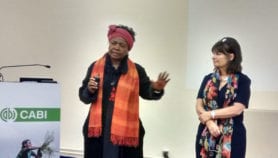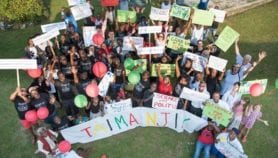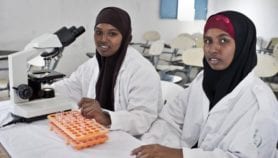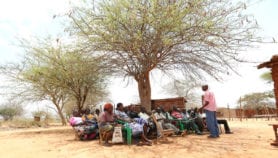By: Nicky Lewis
Send to a friend
The details you provide on this page will not be used to send unsolicited email, and will not be sold to a 3rd party. See privacy policy.
 |
Conceived by the United Arab Emirates (UAE), the Abu Dhabi Global Environmental Data Initiative (AGEDI) is a direct response to calls made a decade ago at the Earth Summit in Rio de Janeiro, Brazil, to generate high quality information about the Earth’s ecosystem.
It is hoped that AGEDI will prove particularly useful for developing countries, which currently lack the capacity to produce comprehensive data on their natural resources.
“[No matter how] strongly we are committed to ensuring the sustainable use of our planet’s resources, the lack of accurate environmental data from the developing world has always been an obstacle,” said Ian Johnson, the World Bank’s vice-president for environmentally and socially sustainable development.
AGEDI has received initial funding of US$5 million from the Environmental Research and Wildlife Development Agency of Abu Dhabi, which hopes to mobilise a further US$25 million from other donors. The initiative already has the support of the United Nations Environment Programme (UNEP) and now intends to open a dialogue with the Global Environment Facility.
Klaus Toepfer, executive director of UNEP, who will be signing an agreement with the UAE in Johannesburg tonight, said, “We see AGEDI as playing a crucial role in bridging [the environmental data] gap and helping to measure progress towards environmental and sustainable development goals.”
© SciDev.Net 2002
Photo credit: NASA
More on Networks

Script media release
Journalists offered ‘big break’ mentoring opportunity from Radio Nigeria
03/04/19












